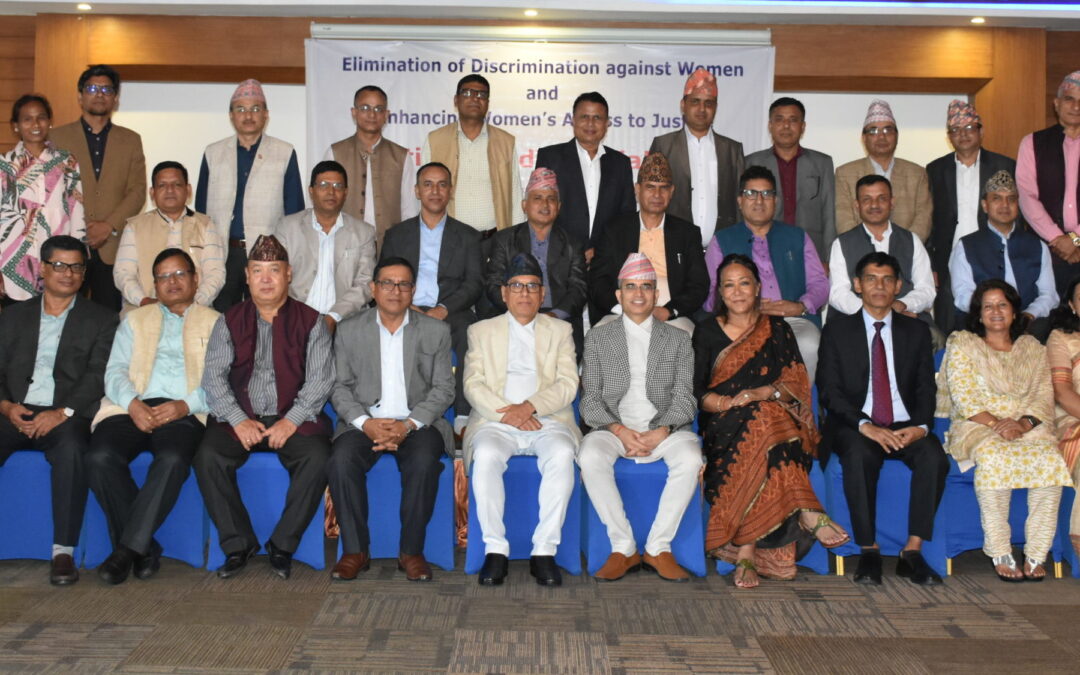
Sep 6, 2022 | Events, News
“Judges should take concrete steps to break barriers that women are still facing in accessing justice and should play key role to ensure that courts are more gender responsive and women are able to access justice equally and without discrimination”.
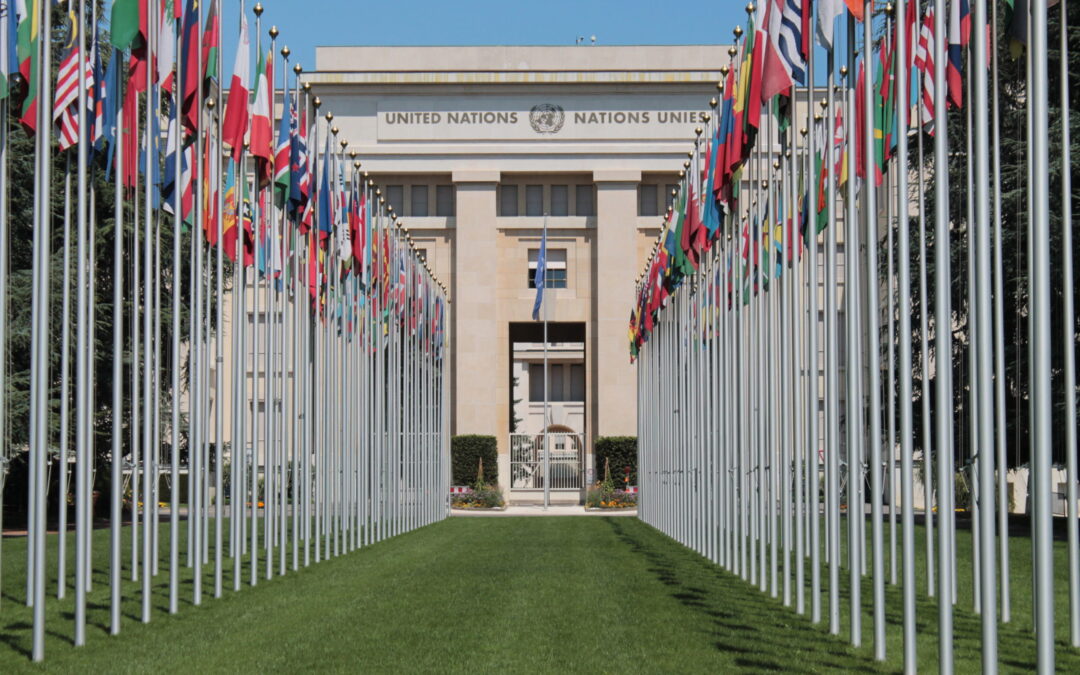
Jun 14, 2022 | Events, News
ICJ TRAINING ON EFFECTIVE USE OF UN HUMAN RIGHTS MECHANISM
The UN system of human rights protection has a range of instruments which are binding for States that are members of the UN or which are parties to specific instruments. Together they form a complex system of human rights protection which remains available for individuals who allege violations of their rights and those who defend them. Yet, these mechanisms often remain not sufficiently known by practitioners.
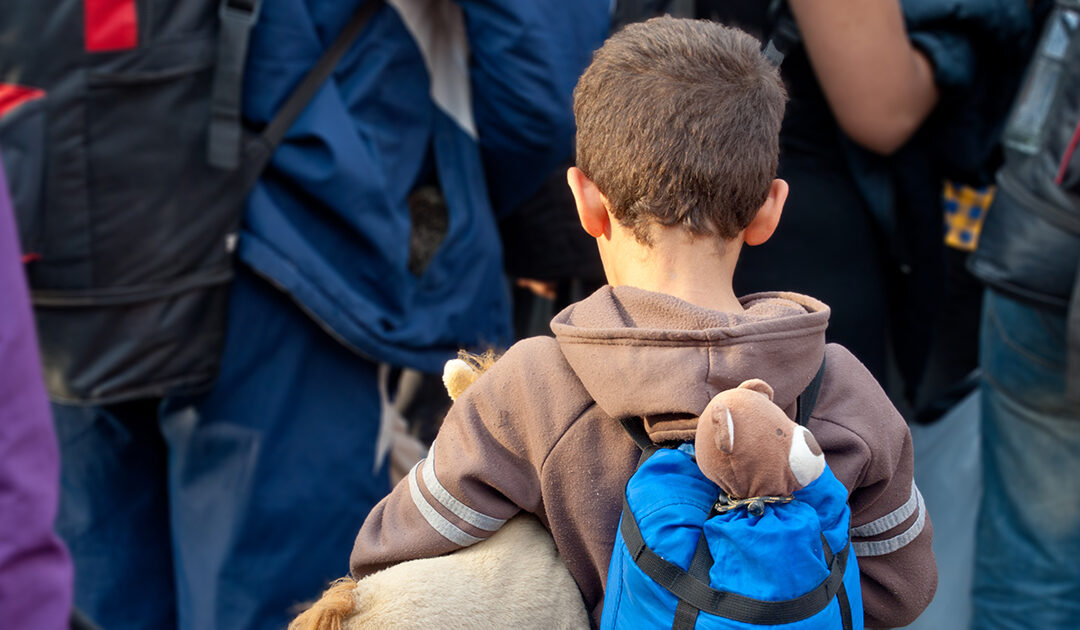
Jun 3, 2022 | Events, News
On Wednesday 15th June 2022, from 11:00 to 12:15 CET, the International Commission of Jurists (ICJ) will hold a webinar on the need for the EU to safeguard migrant children’s human rights, and the scope for alternatives to detention foreseen in the EU Pact on Asylum and Migration.
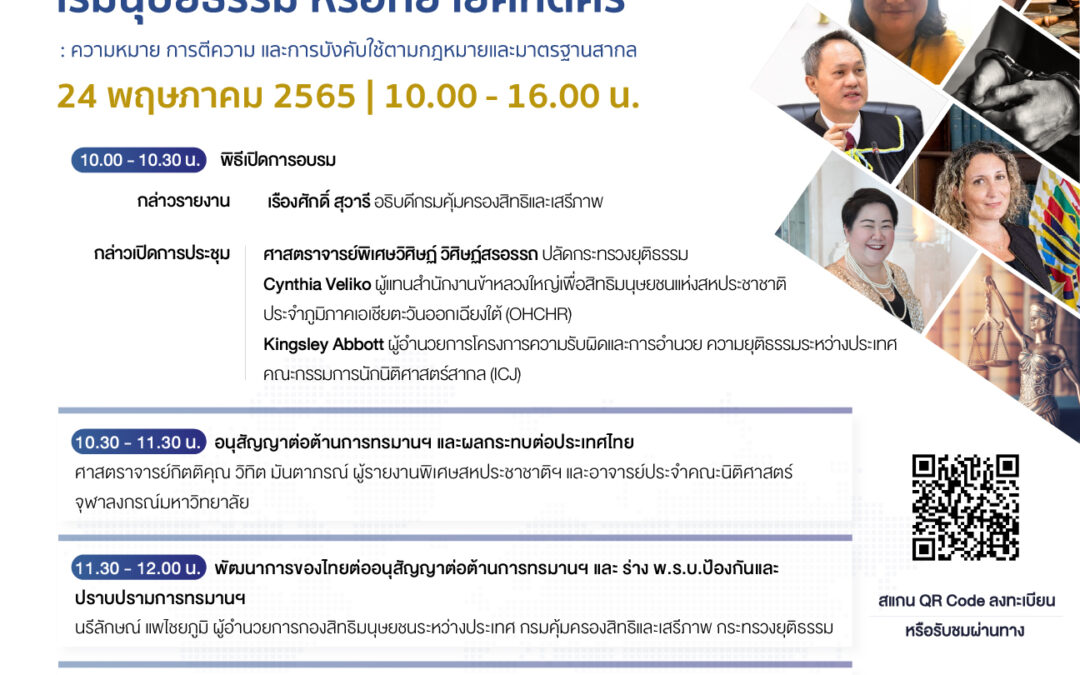
May 30, 2022 | Events, News
Thailand must act to minimize torture and cruel, inhumane and degrading treatment by passing a draft law before the Senate that would criminalize such violations, international experts and Thai human rights defenders urged at a workshop co-hosted on 24 May in Bangkok by the International Commission of Jurists (“ICJ”), Thailand’s Ministry of Justice and the United Nations Office of the High Commissioner for Human Rights (OHCHR).
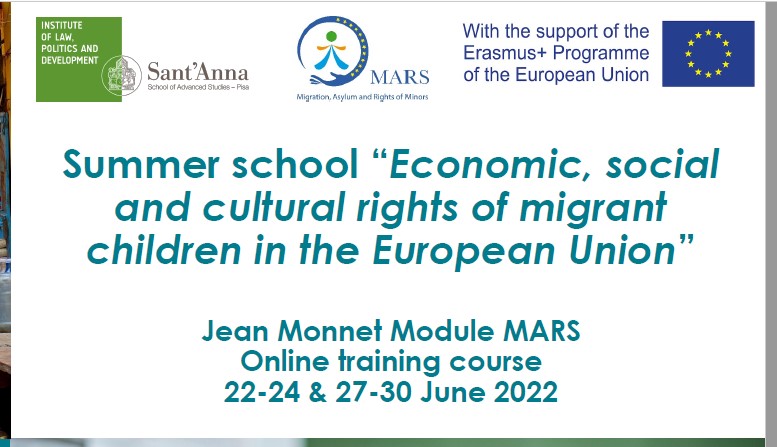
May 26, 2022 | Events, News
The International Commission of Jurists (ICJ) is co-operating on an online summer school organised by Scuola Superiore Sant’Anna on the economic, social and cultural rights of migrant children in the European Union, on the 22-24 and 27-30 June 2022.
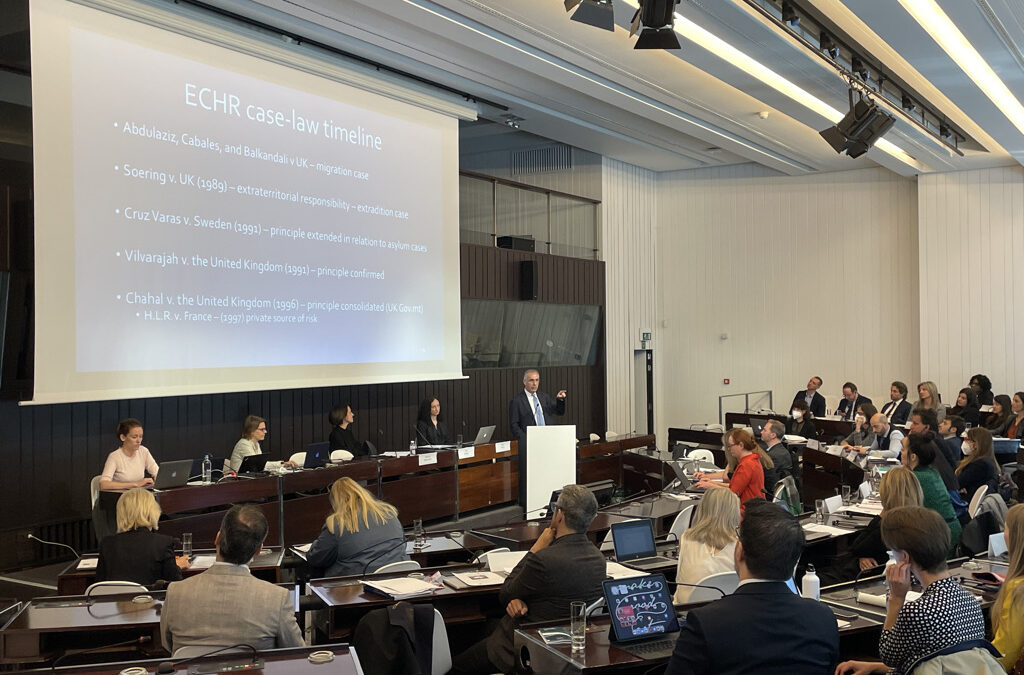
May 4, 2022 | Agendas, Events, News
During the International Roundtable on the Rights of Migrants and Refugees in the European Union, held by the International Commission of Jurists (ICJ) and its partner organizations Immigration Council of Ireland, Scuola Superiore Sant’Anna, the Greek Council for Refugees and Forum for Human Rights, judges, lawyers, experts and NGO representatives from Italy, Greece, the Czech Republic and Ireland came together to discuss the challenges involved in safeguarding the rights of migrants and refugees in the EU.










